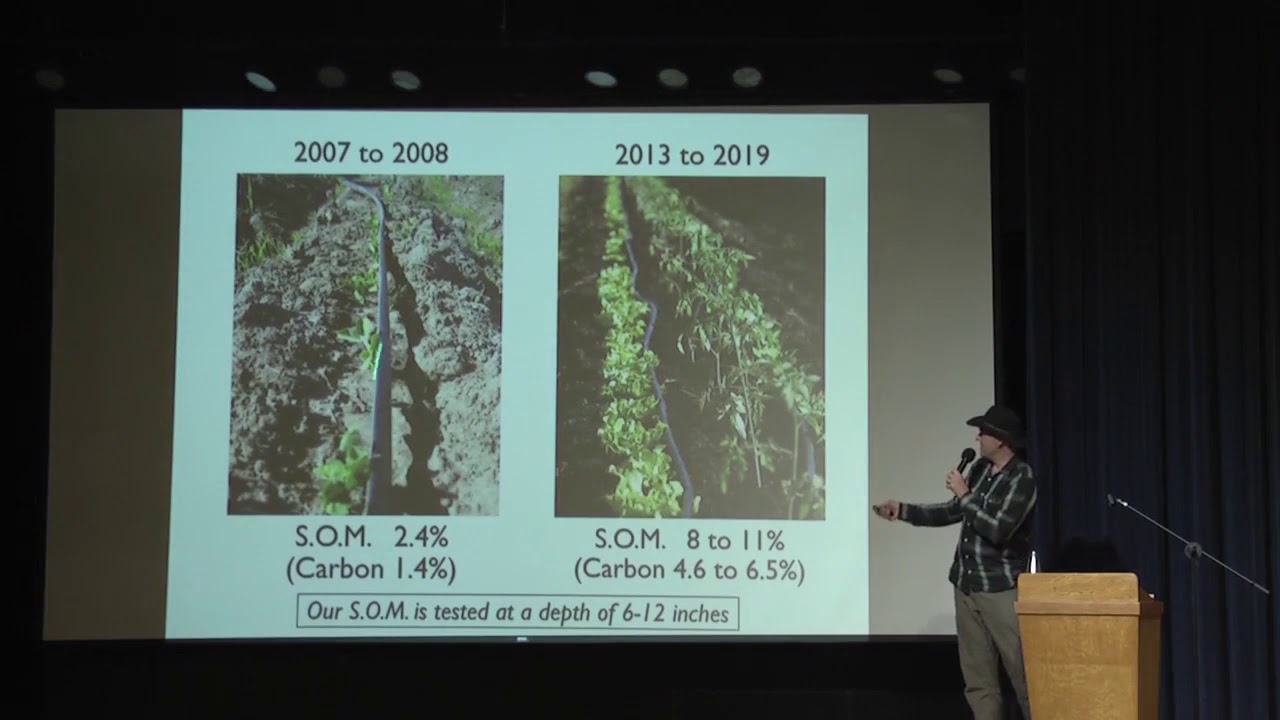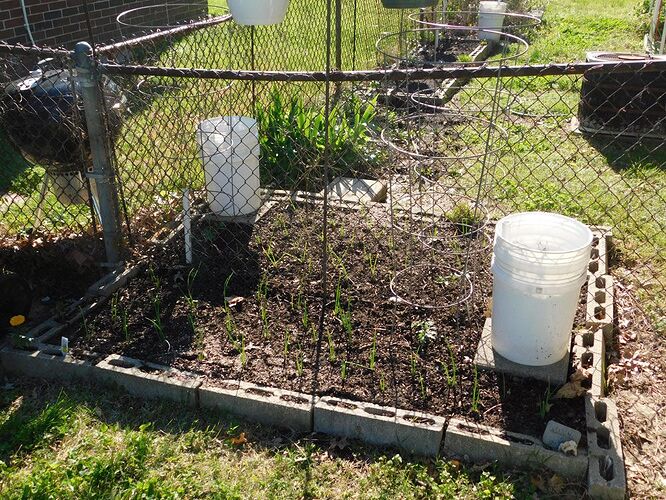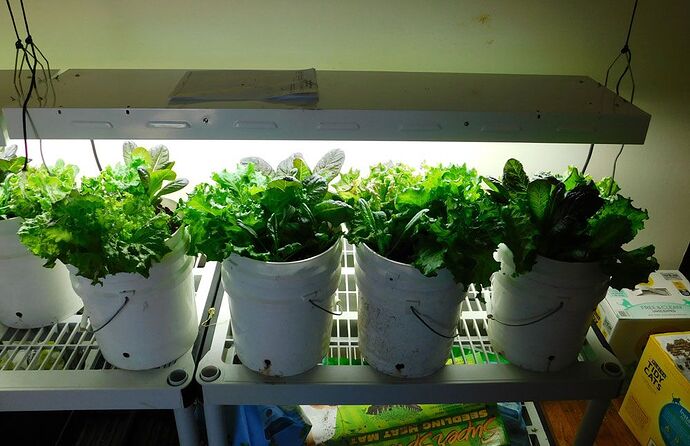For two months now, we’ve been advising readers to “grow a garden” in response to the covid-19 pandemic.
We’re recommending that for a number of reasons.
Food security is the primary one. Domestically, several of the small number of concentrated players in our Big Ag food supply chain have been forced to shutter production facilities due to infected employees. Internationally, we’re seeing emerging evidence that countries are preparing for “national food hoarding”, as Chris wrote about last week.
Gardening is good for your physical health, offering exercise and getting you out into the sun and fresh air – all of which are correlated with lower risk of contracting the coronavirus. It’s also beneficial for your mental health, engaging you in a productive pursuit while offering time for reflection and for communion with nature.
Great, many of those inexperienced with gardening may be thinking, But how do I get started?
We’ve got some great resources here on the site. You can start by reading our DIY instructions for creating a raised bed garden, or by reading our Agriculture & Permaculture forum thread and asking questions of the many knowledgeable gardeners there.
But whether you’re new to gardening or not, your success is rooted (pardon the pun) in appreciating that to grow healthy plants you first need to grow healthy soil.
Perhaps the top soil experts in the world are Paul and Elizabeth Kaiser, owners and operators of Singing Frogs Farm – world famous for their nature-based yet innovative approach to farming, in which no tilling of any kind is done to the soil. No pesticide/herbicide/fungicide sprays (organic or otherwise) are used. And the only fertilizer used is natural compost.
This results in a build-up of nutrient-dense, highly bio-rich topsoil. Where most farms have less than 12 inches of ‘alive’ topsoil in which they can grow things, Singing Frogs’ extends to a depth over 4 feet(!).
Singing Frogs Farm is able to produce 5-7 harvests per year on their land, vs the 1-2 harvest average of other farms. And since the annual crop yield is so much higher, so is the revenue. Most other comparable farms average $14,000 in gross revenue per acre. Singing Frogs grosses nearly $100,000 per acre — a stunning 7x more.
We at Peak Prosperity are huge fans of their model, and have repeatedly interviewed Paul and Elizabeth on our podcast (listen here and here) and have hosted them as featured speakers at several our annual seminars.
So, to help direct and inspire your efforts to get your coronavirus garden off to the right start, here’s an 8-minute clip from the Kaiser’s presentation at our last seminar, showing what’s possible when you focus on growing good soil:
The full seminar presentation is 1h 20min long and is packed with similar valuable insights, fascinating science, and best farming practices. Peak Prosperity's premium members can watch it in full here.
Inspired but not a premium member yet? Enroll now and start watching.
This is a companion discussion topic for the original entry at https://peakprosperity.com/why-gardening-starts-with-growing-good-soil/


